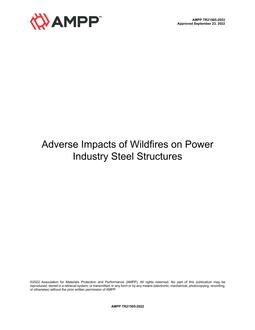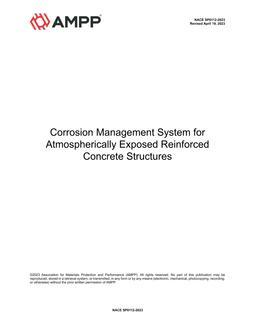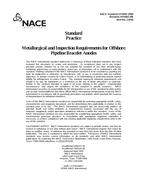The purpose of this report is to communicate the effects of wildfires heat and combustion products on corrosion resistance, material properties, and mechanical integrity of power transmission infrastructure and to identify next steps to research, develop, and implement future asset integrity management actions for the power industry. The report addresses the following general topics.
• Wildfire vulnerabilities and impacts
• Materials effects for steel, coatings, and concrete
• Power infrastructure risks and impacts
• Asset integrity risk assessment guidance
• Recommended industry actions
• AMPP activities proposed
A wildfire, bushfire, wildland fire or field fire is an unplanned, unwanted, and usually uncontrolled event in an area of combustible vegetation. Due to climate change, many locations in the United States and worldwide, such as Australia and even India, are subject to wildfires due to dry conditions during parts of the year. The frequency and severity of wildfires are increasing. According to the National Interagency Fire Center,(1) more than 10.3 million acres were burned in the U.S. in 2020, as compared with 4.7 million acres in 2019.1 Further details are provided in the Introduction section.
Product Details
- Published:
- 09/23/2022
- Number of Pages:
- 25
- File Size:
- 1 file , 1.5 MB
- Note:
- This product is unavailable in Ukraine, Russia, Belarus



